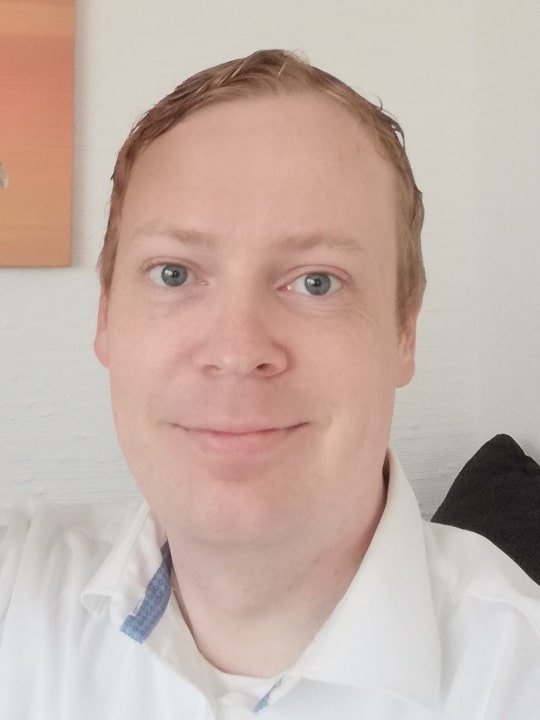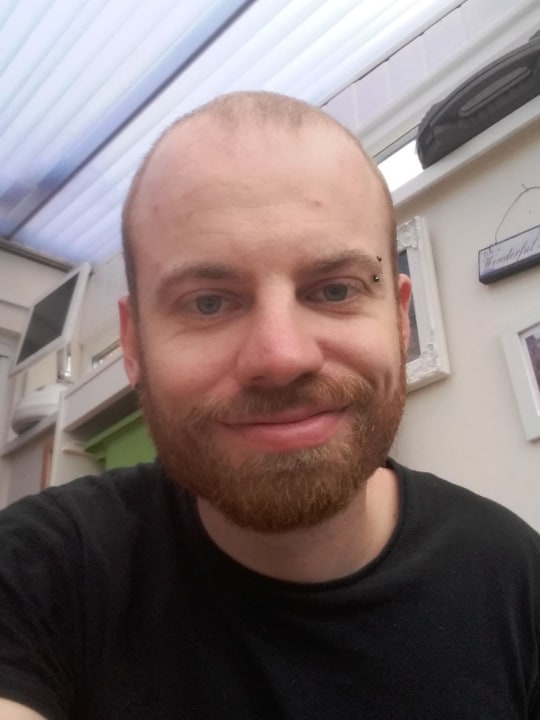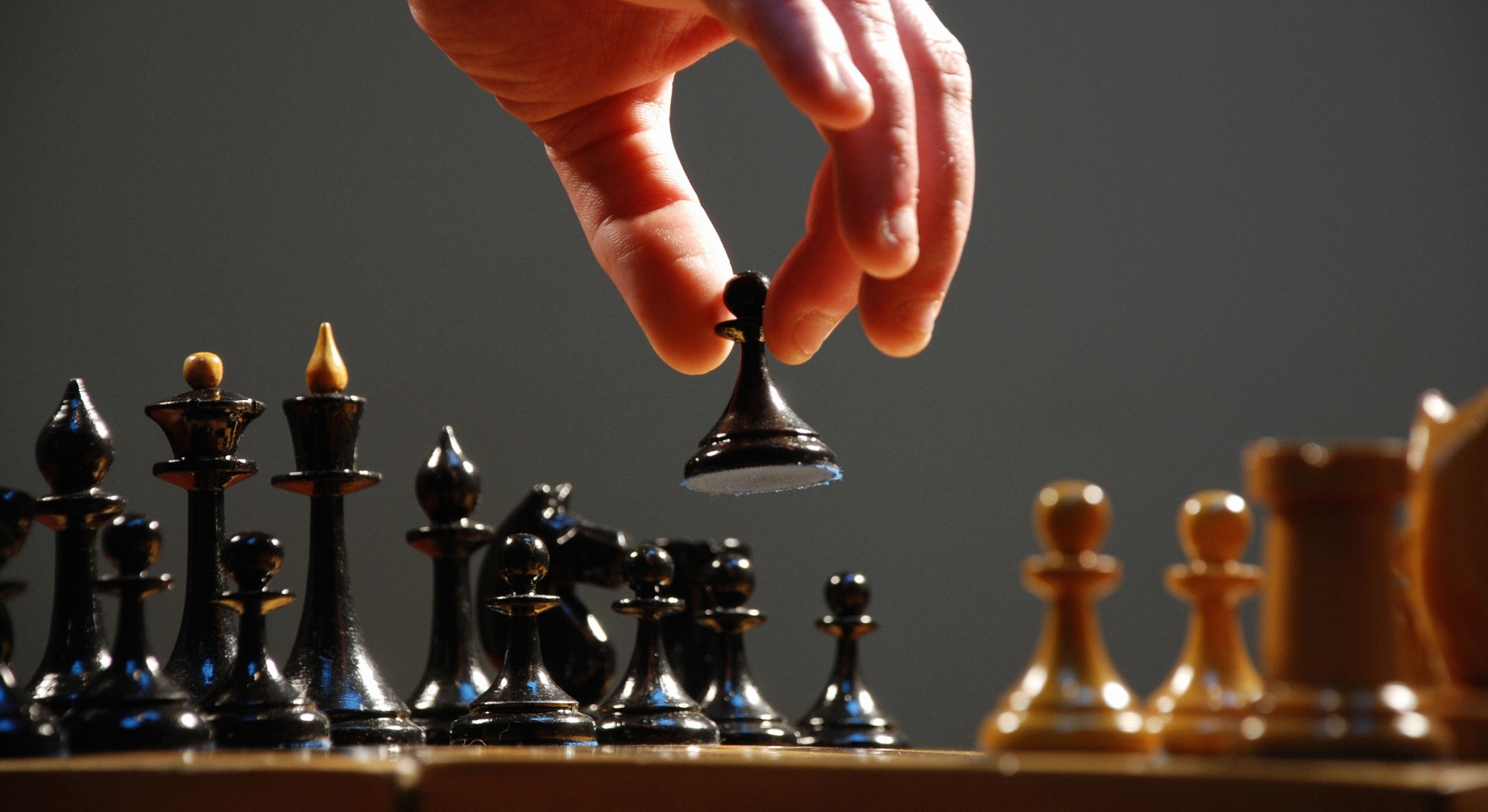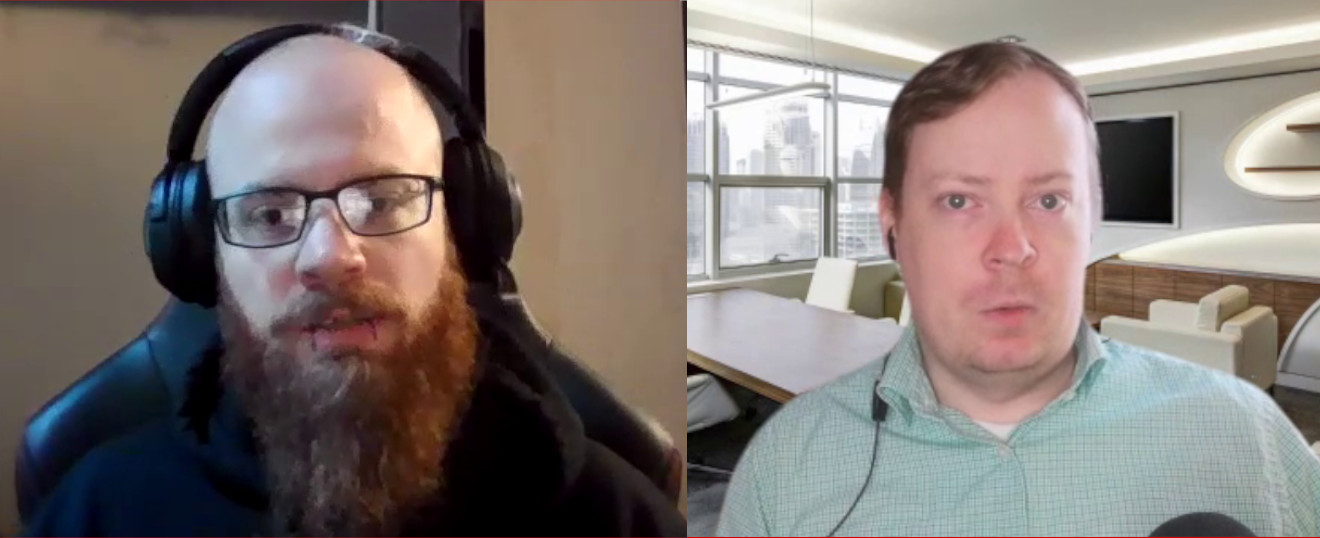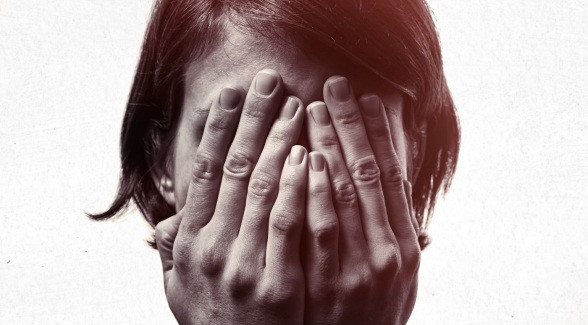What influence does technology have on the fabric of society? Is it a curse or an opportunity for progress? Today William and Steven discuss the effects that artificial has had and might yet have, the dangers and how to ensure that life with machines runs harmoniously with common values.
Watch a Short Excerpt:
Transcript (continued):
William: How do we change when technology changes; and I think we should. But then, if we change in a bad way, should we really progress in technology?
Steven: I guess how do we define bad, I guess by putting more by our own personal opinions, more selfish, more anti-kindness, I guess.
William: Well one simple way is "how much are you hurting people?", for example "how much are you killing people?" And that's ok that's not always simple to calculate. When you shoot someone then the chain of causality is really short and you can tell "because this person did this, this person got hurt or even died". But if it's a lot more subtle and taken on like huge timeline and over huge masses of people, then the causality is really difficult to find. But I believe Gandhi once said "Whether you shoot someone or starve them to death over a period of years, it's the same to me." It's the same kind of violence.
Steven: I think that's how I look at it as well.
William: Suffering is something I think a lot of people can agree on no matter what their religious or philosophical background is.
Steven: It's a good way to finding it, definitely. Yes, suffering.
William: So removing suffering is, in my view, progress. That's a pretty universal one. But just making life easier isn't always as valuable. Obviously we are supposed to go through hard times, and we're supposed to grow in certain ways.
Steven: That's how the species evolves.
William: If all of that is gone, what is the purpose of life, if it's not to develop and grow and change over time?
Steven: Well this week's random Dune reference is, I'm gonna put in here now, is that in the 4th Dune book it talks a lot about the predator and the prey, and how both species are progressed by each other. So the predator, you know, hunts the species that's being hunted. The prey adapts over time, evolves, finds a way to counter the predator. The predator then has to evolve and find a way to counter the prey's innovation of it. And it's a constant cycle of progressing and changing, and again, who knows into what. Because that's the constant variables that get changed. And I think we forget that a lot. We seem to remember that physical hardship makes us stronger. So going the gym, you know, you've got to lift weights. That's gonna make you stronger. But we forget that often it's the I guess psychological and the emotional hard times that give us things like willpower and perspective, choice. Because often if we don't make the choice we become bitter when bad things happen to us. We over time can easily become angry and bitter. And therefore we need to understand that we have a choice here. We can try and slowly over time not be controlled by that natural reaction. And I guess "How does technology help us do that?" I guess is a good question. That's been a massive thing for that, because it's the connection between people, if you try to connect to people. It also isolates as well.
William: Yeah, it can. It seems like no matter what stage we're at technologically, we always need to learn the same set of principles like about "What is right and wrong?", "Who am I?", "How do I want other people to treat me?" and "How should I treat them?".
Steven: What's my place in the universe?", you know, "How does my existence mean anything?". Questions like that, as you say, no matter where you are on the technological scale, those questions are always going to be there.
William: You know how grandparents live like they stopped progressing with the technology, and they they still use technology from before, at least a lot of them. I get it. I don't think that's wrong.
Steven: Change is difficult.
William: Yeah, and so when you tell them about the challenges of your life, you know, growing up with the current technology, they'll say "Oh, it sounds so complicated. Times used to be so much simpler before." But everyone went through similar challenges, even if it manifests in a different way. Your character is tested. You bond with people. You sacrifice. You grow. You learn things. You find out more about who you are.
Steven: It's all just so much more extreme now and in such a faster pace. I do not envy teenagers and children of today. They are bombarded with the technology and the interaction of the selfish side of people. So the businesses the media the politics around a lot of things, where they are constantly being advertised to, told "this is right, this is wrong", the level of confusion they go through at an early age. Again, it's good, it's important to get these question, to ask these questions and to learn what your sort of, I guess, moral or intellectual, cultural, integrity is. But you shouldn't have to do that like at 9 years old when you're being bombarded by advertisements about buying this, but you're getting your heartstrings plucked by advertisements that tells you how poor everyone is in this place, and you should be making these choices by buying this product. And it's just like, and that happens all the time.
William: Yeah, that's a good point. I saw on the news some children maybe 12 or 14 at climate change protests just losing it because they can't handle the fatalistic perspective. And I think everyone needs to work on that if they, you know, a lot of people will just suppress the idea of of climate catastrophe. That's how a lot of people deal with it. But some want to expose themselves to these terrible thoughts of where we're headed. And it can overwhelm them. I also need to find a balance between those two sides: how much will I open up to thinking about it, and how much am I not ready for it?
Steven: Yeah, and how much we can do?
William: Or another thought I had when you were talking was: how early does information overload already happen? Nowadays, like it used to be the way, one generation ago I think, where some young people were exposed to pornography and a lot of them weren't. So was the question whether you had to deal with that early on. And nowadays it's just when, when does it happen? I don't know the statistic, but I read that on average nowadays boys at the age of eleven are confronted with the topic. How do I deal with this? What am I feeling? What's going on? I don't know what to do. So yeah, it shouldn't have to be that early, that youg.
Steven: Yes, certain education should be slow, gentle and specific to the individual. It's just like if a group is bombarded with one thing they will react differently, they'll behave differently. They're all going to respond differently, but they don't have a choice. They no longer have a choice to just do it at their own pace. On the playground and in the classrooms and after school and stuff they, if they aren't understanding it at the same pace as other people they are bullied for it. And that's potentially a downside to information overload. And because we have so much technology it's just everyone's exposed to it all the time. And we're taught, you know, parents regulate it, and help with whatever else. But there needs to be a bigger social push, probably, maybe, in my opinion, for help with that. Because it's not as easy, because if your parents regulate it, cool that's fine. You'd be seen as an outsider at school because you don't know what else is going on. And then you get exposed to it by your friends. And then it'll maybe be out of context, or certain things will be out of context. Who knows? But it just feels like there's no support. You're just told as a parent, "Okay, if you don't want your kids exposed to it, just regulate it. It's your decision." But there should be more guidance maybe to make others realize that we should have a social conscience about other people's exposure to it. More sensitivity maybe, more sensitivity.
William: Topics like this make me wonder if we're going to divide and cluster more in the future so that the only way to protect yourself and your children from certain ideas or people, from influences, from information, will just be to distance yourself from them. And that maybe like new collections or a society, yeah societies of people, will form around shared values rather than nationality.
Steven: That is an interesting thought. I think it would probably implode first. And then evolve into that maybe. I don't know how gradual that process potentially would be maybe. You'd have to isolate yourself and find others that want to do it, too. Then go back to money: you'd have to have enough money to sustain your system. And then it's a shame that you'd have to narrow yourself away from other perspectives. But if it is a protection thing so that you're not creating a, let's say, a society that has so much anxiety or fear, then maybe running a little bit away from it, avoiding it is better than being so exposed to it all the time. Yeah I think I think maybe ... I'm going to think more about it. But what you've said about cultures dividing into little communities, countries dividing into communities, where you stick to people that have the same sort of perspective on technology, I think, is probably what we're talking about. Is that right?
William: Or ethics of technology.
Steven: Or ethics just in general.
William: Yes in general is what I meant. But I'm open to linking it back to technology. So yeah, there are communities like this already, like kibbutz. They live a lot less capitalistic. They are more socialist. They take care of each other.
Steven: Have you seen the village, the film "the village"?
William: No.
Steven: Okay. Maybe I mentioned this before. I can't remember. But it's ... the guy that plays the Joker at the moment. How do you pronounce his name? "Joaquin Phoenix"? And they've gone back to a sort of 1800 sort of lifestyle.
William: Like the amish?
Steven: Yeah, basically. They live in a village. And the film is about them in their own community and what happens to it, just how it appears to be a sort of paradise, and then social things still come into play, and there's sort of a breakdown. Kind of. It's more compicated than that, and more simple at the same time. But I don't want to give anything away.
William: All right. I just thought of another movie as well on the topic: Keanu Reeves is this alien and he's not the only protagonist. You also follow this young mother and her child. And so he's impressed by the love that she has for the child, you know, how she is willing to sacrifice her own life for the child to live on. So that's one thing that is a big plus for humanity. Because he he just comes with this prejudice that humanity has just been terrible for the planet, so it has to die out so that the planet has a chance of healing, which is very understandable. I see where the premise comes from. But the lady tries to protect humanity, basically, with everything she can think of. And she's very smart. She goes and takes them to her dad. Or they end up there for some reason. And the dad is an intellectual. And he says "We've been at a point like this in our history several times, and people are lazy or, you know, they they will not do something until it's absolutely necessary. But when they're at the precipice, when they are looking destruction, annihilation in the face they will suddenly change, even if it's a drastic change. And that's what it had to come to in the movie as well for people to start over.
Steven: That's always been myself an argument, I guess. When people start to get despairing going "Oh humanity is so bad these days blah blah blah." I'm like "No. Look at every crisis. Every crisis that happens when a natural disaster, war, that is caused by a minority of selfish people. But the general humanity, they will help each other. They will look out for each other. They will die for each other to make it work, to survive. And I always fall back on that. That's what happens. Again, there's pockets of people who'll take advantage, whatever else. But actually, yeah, the majority of people just bound together. But it has to be the extreme for some reason. For some reason at extreme.
William: Suddenly we realize that "Oh, we actually have a lot in common like we want to survive, for example. So we have that common enemy and we need to stick together to overpower it." And then suddenly we focus on the common values we have. One other movie I want to mention or I should say series is "Star Trek", especially the next generation. There's this Greek philosopher, no sorry, Greek politician, Yannis Varoufakis, who was the Minister of Finance in Greece for a short while until he saw how corrupt government is and how he can't really make any change for the better as a minister. And so he said he left government to enter politics. He says whenever he's asked "So what kind of society do you are you working for? What would you like to see? Is it more socialist? Is it more capitalist?" And he said "No, no. Forget that paradigm." And then he shows clips on his phone from YouTube that he bookmarked about the next generation, and especially this one episode where... Have you seen the next generation?
Steven: I can't remember many of the episodes.
William: Obviously there are hundreds of episodes. Let's see if you know this one I think three people were asleep in cryogenic sleep for several centuries. They come from our time, and the next generation plays I don't know in the 24th century or so, where people live in abundance. There is no longer a need for food rationing.
Steven: There's no currency.
William: Right, and what is the purpose of their life? It's to expand your horizon, right? That's why we follow the adventures of the explorative navy going out into space, making contact with new life-forms and stuff like that. And in the process getting to know themselves better. So I love this this idea. And he says we need to work towards getting there. So one of the guys that comes from our time, he is rich and he loves the challenge of just being better than the next guy. And when he looks around how they live on the enterprise (I get them mixed up) he says, "So what do you do with your life? If it's not the challenge to get more money, to do better, to always be better than someone else?" And it's, "Improve yourself! Stop comparing yourself to other people. You have value by yourself. You just try to improve other people's lives when you have enough for yourself. And just learn. Develop! You can never have enough of that.
Steven: It's difficult, though, because we're so used to a tangible thing. So if I have a million pounds I have a quantifiable thing. And it may be more than someone else. Therefore "Woohoo, go me! I'm doing well." The problem is that we're so used to measuring things that we think that asking yourself, or being self-aware, be more conscious of other people, there's no way really to measure that.
William: Right, you cannot assign numbers to the more valuable things, like "I love you five."
Steven: Yeah. Good reference. Yeah, and in my personal opinion we need to move away from that obsession with putting a value on things. Things just are. I use this a lot recently with people when I talk about right and wrong, good and bad, positive negative. We use these things to quantify stuff. But so often they just are. We don't need to assign a label. They still exist without that label. And it becomes more harmonious without that label, going back to the whole you know money, or as you say "I love you five", "I love you ten". It suddenly becomes a competition again. And that's where it falls short. That's where it becomes... it's no longer what it should be.
William: Yeah, just a comparison. We should definitely have an episode on this.
Steven: There are a few branches, a few topics we've kind of touched on that we could have an episode or two about. But I guess to kind of be heading towards a conclusion, I guess, of this episode... I've really enjoyed the you know AI explanation just for my own sake, really. And I think a good balance between discussion, between technology and ethical things, like social things, I really enjoy the contrast between them. Because we could just talk about the technology side of things. And then in another episode we could just talk about the cultural things. But actually, you know, we have discussed them both intertwined. And I've liked that a lot.
William: Good. Yeah, I hope we could get some thoughts going in our audience's mind. I think that's one of the main purposes of the podcast, is just to get you thinking about some interesting questions. We don't pretend to know the answers. We are just interested in making people more aware.
Steven: Yeah. That was a good episode. And hopefully, any questions you have: we have Facebook, Twitter, we have social media
William: Yeah, just go on the homepage: https://whoamipodcast.com
Steven: Join the discussion. And the next time we'll figure out a topic and go from there.
William: All right. Thanks for listening.
Steven: Bye.
Other Episodes:
Ep. 51: How Conditioned Are We ?
How much of what you do, think and feel comes from intentional, free chosing? How much of your actions and decisions are pre-programmed? You are the product of your upbringing, culture and genetics. What is out of our control? What can we influence? How can we counteract our predestination?
Ep. 50: What Am I Responsible For ?
Are you taking too little responsibility for your actions, or perhaps too much? How much are you able to understand or determine the consequences of your decisions? Are you in control of anything? Is free will an illusion? Can you do something to improve your thoughts, feelings and relationships with...
Ep. 49: Empathy Can Be A Super Power
Everyone has the choice of either living isolated from other people and their own feelings on the one hand, or to connect with others and their own emotional core. The road towards connectedness involves vulberability and weakness. But it leads to a very rewarding ability that includes deeper understanding of...
Ep. 48: Why Am I Ashamed?
What secrets do you have? What facts about you must never become known to others? What happens in our childhood that implants beliefs in us that hide away for the rest of our life? Can we uncover them deliberately? Can we regain the emotional freedom and levity that playing children...


